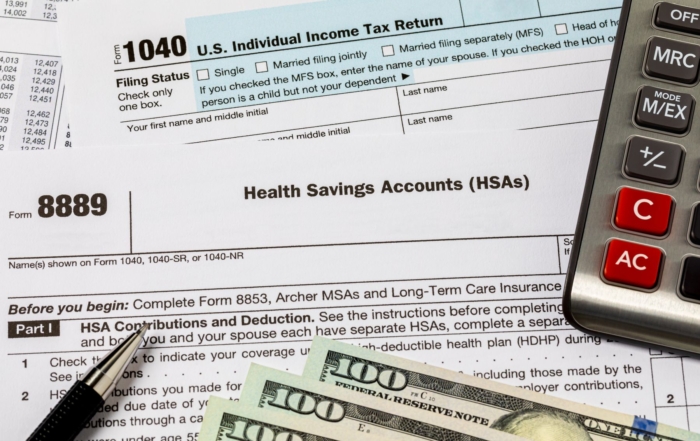The following changes to Colorado employment law apply to employers of all sizes. While our math indicates that these laws take effect August 8, the state legislature’s website says they are effective August 7, 2023.
PAID SICK LEAVE USES EXPANDED
The reasons that employees can use paid sick leave under the Healthy Families and Workplaces Act (HFWA) have been expanded. The HFWA applies to all employers regardless of size and covers all employees (except for certain railroad employees).
Employees can use paid sick leave for the following additional reasons:
- To attend a funeral or memorial service, to grieve, or to manage financial and legal matters that arise after the death of a family member
- To care for a family member whose school or place of care has closed due to inclement weather, loss of utilities, or other unexpected occurrence resulting in the closure
- To evacuate their residence due to inclement weather, loss of utilities, or other unexpected occurrence resulting in the need to evacuate
Action Items
On or before August 7, 2023:
- Update your paid sick leave policy to reflect these new uses
- Display the updated notice from the Colorado Department of Labor in a conspicuous location in the workplace
- Provide the updated notice to current employees, and add it to your new hire packets
MARITAL STATUS PROTECTED
Colorado’s antidiscrimination law has been expanded to include marital status as a protected characteristic. This means that employers should not inquire about an applicant’s or employee’s marital status or use that information when making employment decisions.
Action Item
Add marital status as a protected characteristic in your equal employment opportunity (EEO) policies if it’s not already included.
A BROADER DEFINITION OF HARASSMENT
Colorado has created its own definition of harassment. While it closely resembles the federal definition, the state law does not require that unwelcome conduct be “severe or pervasive” to rise to the level of being unlawful. These changes expand the scope of conduct that might be considered harassment and make state law more protective than federal law. Employers should keep this in mind when investigating and responding to complaints.
NEW RECORDKEEPING RULES
Employers must retain all personnel or employment records for at least five years after the latest of the following:
- The date that the employer created or received the record
- The date of the personnel action that the record relates to
- The date of the conclusion of any discrimination charge or related action
A personnel or employment record includes requests for accommodation, employee complaints of discrimination or unfair employment practices (both written and oral), applications for employment, and any other records related to hiring, promotion, demotion, transfer, layoff, termination, compensation, or selection for training or apprenticeship, and records of training provided to employees.
Harassment and Discrimination Complaints
Employers need to keep a designated recordkeeping system of all complaints (written and oral) of discrimination, harassment, and unfair labor practices. Each record must include the following information:
- The date of the complaint
- The identity of the complaining party (if the complaint wasn’t anonymous)
- The identity of the employee who allegedly harassed or discriminated
- The substance of the complaint
Recent Posts
Poison Ivy, Oak & Sumac Safety Guide for Landscaping, Construction, and Outdoor Workers
Why Construction and Outdoor Workers Need to Know About Poison Plants The CDC reports that 80-90% of adults develop rashes from poison ivy exposure, and [...]
Multi-State Business Operations: Insurance and Compliance Strategies for Growing New Hampshire Auto Companies
Picture a successful New Hampshire automotive dealership that starts with a single location in Manchester. Over time, they expand their service territory, hire employees who [...]
Revolutionary HSA Changes in the 2025 Budget Bill: Your Complete Guide to Expanded Benefits
Introduction: A Game-Changer for Healthcare Financial Planning The 2025 federal budget reconciliation bill, recently passed by the House, introduces the most significant expansions to Health [...]




